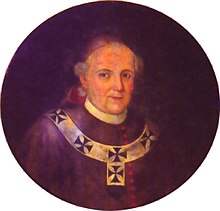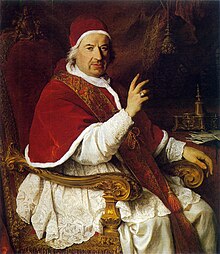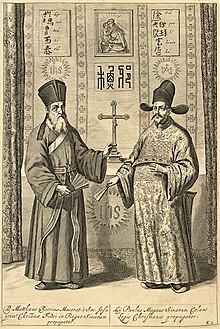Christian Thought From the Eighteenth to the Twentieth Century/Roman Catholic Globalization
Appearance
This page is under construction..
- "The missionary Church opposed this state of affairs from the beginning, and nearly everything positive that was done for the benefit of the indigenous peoples resulted from the call and clamor of the missionaries. The fact remained, however, that widespread injustice was extremely difficult to uproot ... Even more important than Bartolome de Las Casas was the Bishop of Nicaragua, Antonio de Valdeviso, who ultimately suffered martyrdom for his defense of the Indian". (Enrique Dussel, in: A History of the Church in Latin America)
...
...
- How did the moral philosophy towards indigenous people that was taught by the "School of Salamanca" influence the global spread of Catholicism? What about slavery in that context?
- Were Roman Catholic missionaries in the Americas and in Asia accomplices of the European nations and their colonial agenda?
To get the bigger picture we want to study several short overviews and then some representatives of ... the eighteenth century. Please go to each of the below web sites and study each of these essays extensively. Make notes while you read. You will need your notes later to write an essay.
- Jeff Mirus: Jesuits in 18th Century Tibet
- John E. Worth: Spanish Missions
- Marian T. Horvat: Ven. Antonio Margil of Jesus: Apostle of New Spain
- Adriaan C. van Oss: Catholic Colonialism: A Parish History of Guatemala, 1524-1821
Write an essay about the following topic:
- "Which ...?"
The essay should have at least 2000 words. Click here to submit your essay.
From left to right: Archbishop Diego del Corro (Santiago, Chile), Pope Benedictus (Benoit) XIV, Matteo Ricci (on the left, Jesuit in China) and Paul Xu Guanggi (Chinese convert).



